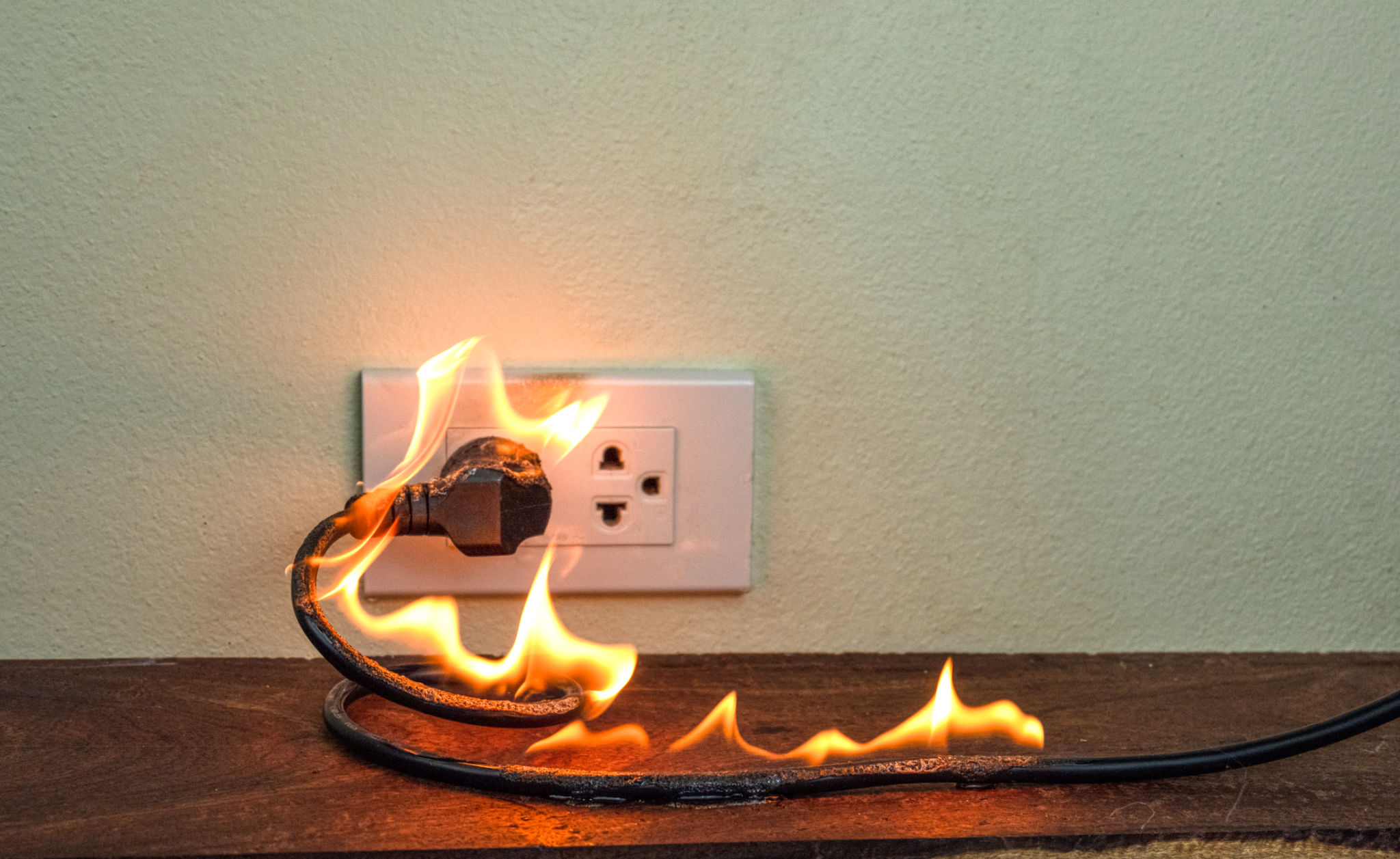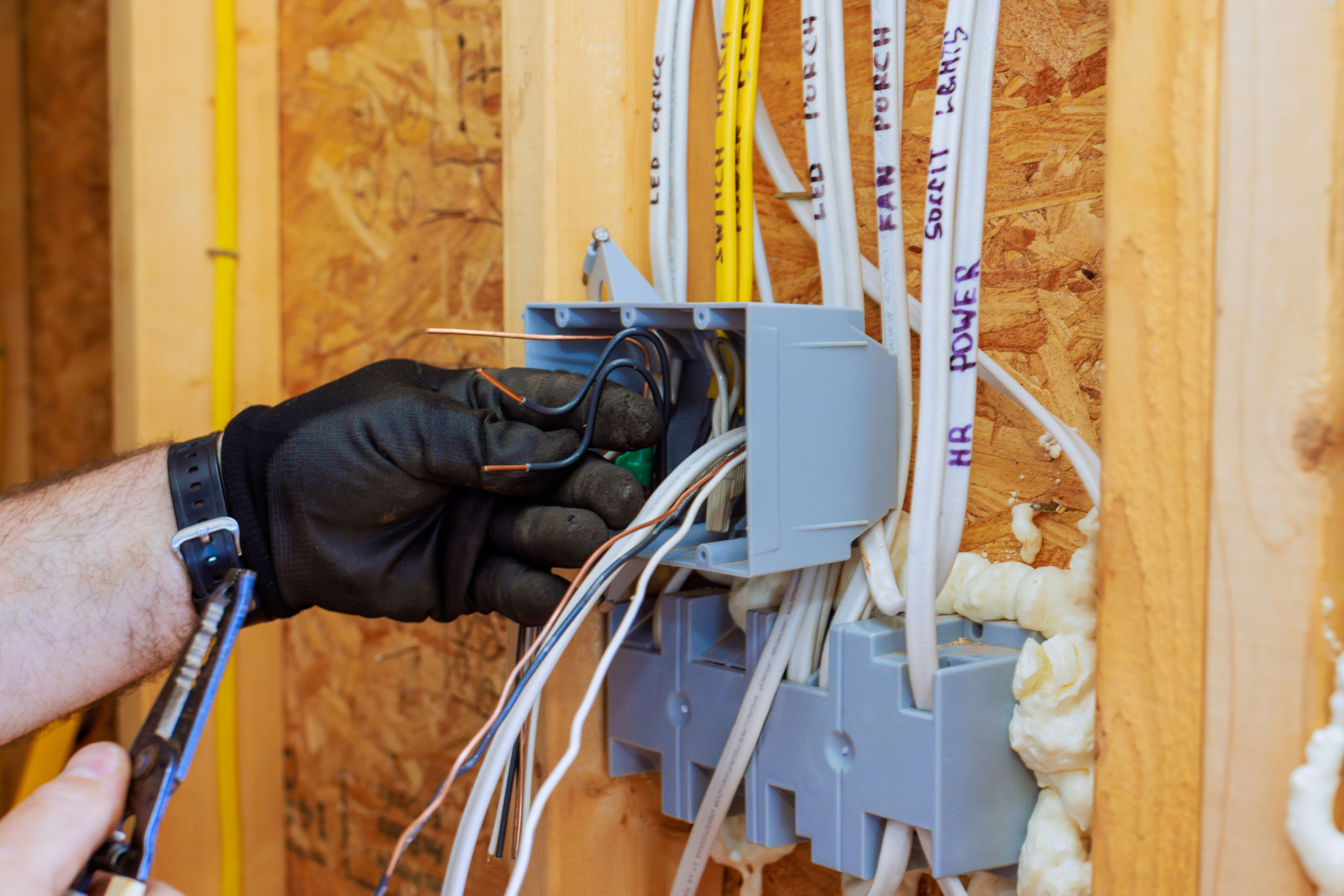Choosing the Right Circuit Breaker for Your Home Electrical Needs
Understanding Circuit Breakers
Circuit breakers are essential components of any electrical system, designed to prevent electrical overloads and short circuits. They automatically interrupt the flow of electricity when they detect a fault, thereby protecting your home and appliances from potential damage. Choosing the right circuit breaker is crucial for ensuring the safety and efficiency of your electrical system.

Types of Circuit Breakers
Standard Circuit Breakers
Standard circuit breakers, also known as thermal-magnetic breakers, are the most common types used in residential settings. They are suitable for general-purpose circuits like lighting and outlets. These breakers utilize both thermal and magnetic mechanisms to trip during overloads or short circuits.
Ground Fault Circuit Interrupters (GFCIs)
GFCIs are designed to protect against electrical shock by detecting ground faults. They are typically used in areas with high moisture levels, such as bathrooms, kitchens, and outdoor spaces. GFCIs can shut off the power within milliseconds if an imbalance between incoming and outgoing current is detected.

Factors to Consider When Choosing a Circuit Breaker
Electrical Load
The electrical load is a critical factor to consider when selecting a circuit breaker. It's important to calculate the total wattage of all devices on a circuit to ensure the breaker can handle the load. Overloading a circuit can lead to frequent tripping or potential fire hazards.
Voltage and Current Rating
Every circuit breaker has a specific voltage and current rating. The voltage rating must match the system's voltage, while the current rating should be appropriate for the circuit's load requirements. Selecting the correct ratings helps maintain system integrity and safety.

Installation and Maintenance
Proper installation of circuit breakers is crucial for optimal performance. It is recommended to hire a licensed electrician to ensure that breakers are installed according to local codes and regulations. Regular maintenance, including testing and inspection, can help identify potential issues before they become serious problems.
Replacement Considerations
If a circuit breaker frequently trips or shows signs of wear, it may be time for a replacement. When replacing a breaker, ensure compatibility with your panel and electrical system. Consult an electrician if you're unsure about the appropriate specifications.

Conclusion
Choosing the right circuit breaker for your home involves understanding different types, assessing your specific needs, and considering factors such as load capacity, voltage, and current ratings. Always prioritize safety by consulting professionals and adhering to recommended installation practices. By taking these steps, you can protect your home and enjoy a reliable electrical system.
